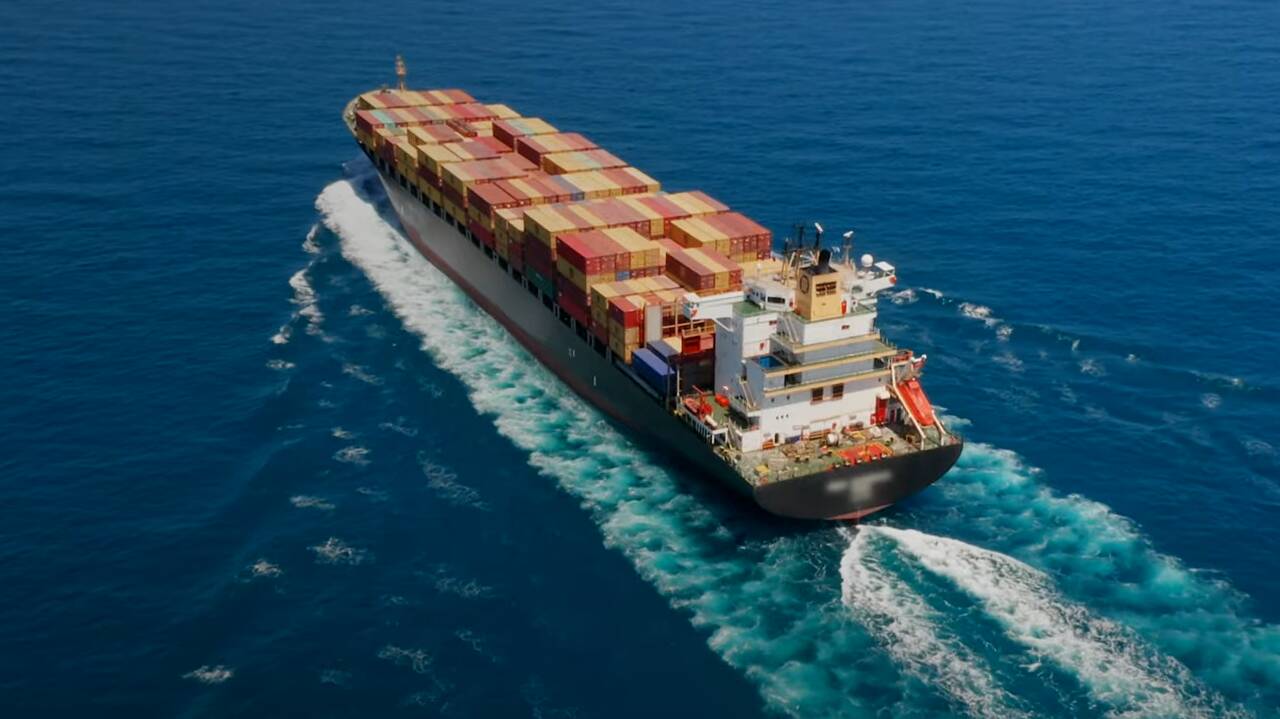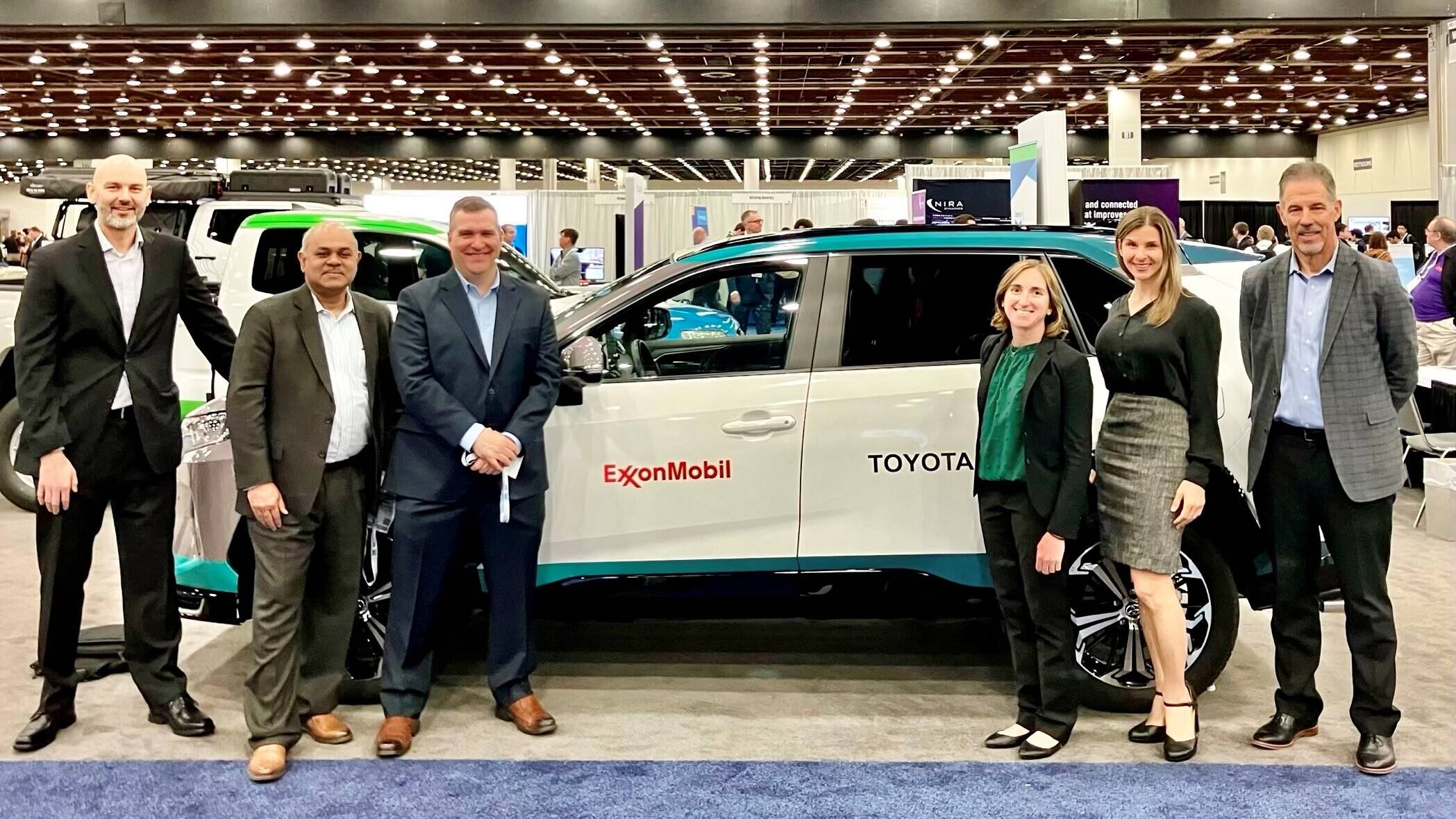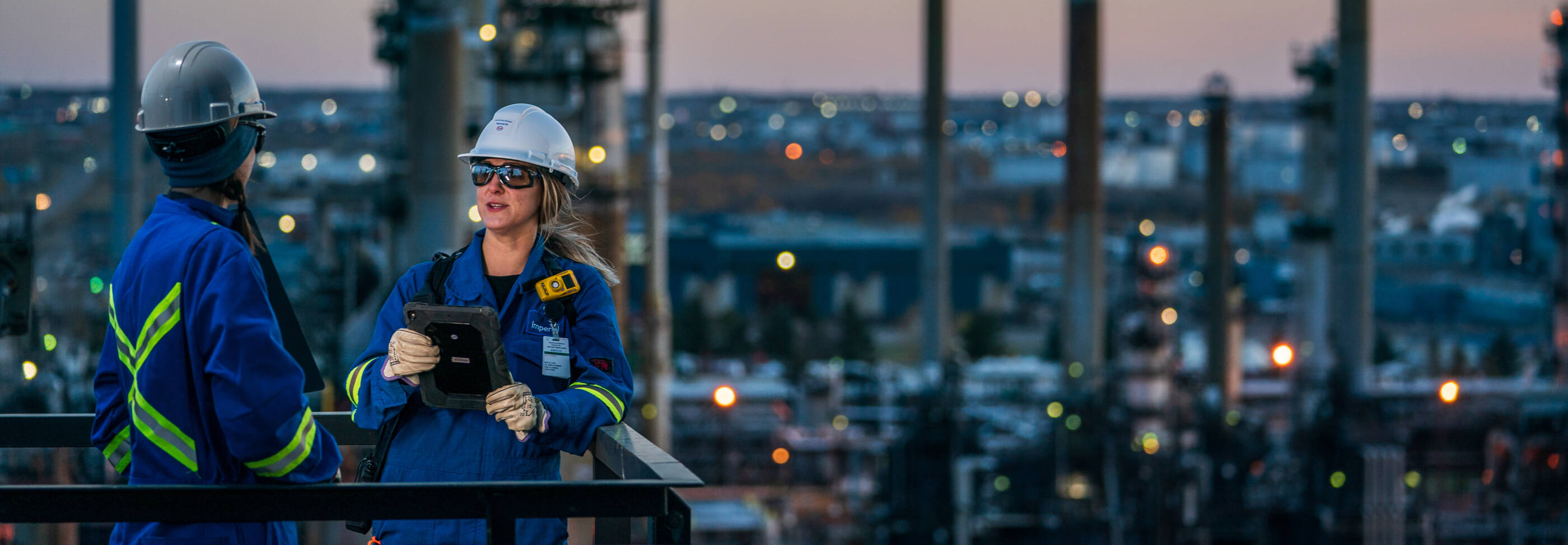selected item
Strathcona: The road to renewable fuel
The renewable diesel facility at the Strathcona refinery near Edmonton, Canada, will soon help pave the way to a lower-emission future. The facility will use locally sourced feedstock and low-carbon hydrogen to produce renewable fuel that can be used to power existing diesel vehicles.
The team at Strathcona is building the technology and infrastructure to provide renewable diesel to several industries in Western Canada, including Imperial’s own mining operations in Northern Alberta. This lower-emission fuel will help diesel-powered fleets deliver the goods and services people need in their daily lives.
When completed in 2025, the facility is expected to be the largest renewable diesel producer in Canada. Creating more than 6 million barrels of renewable diesel at Strathcona will be the equivalent of taking 650,000 vehicles off the road annually.
The transition to renewable fuel is made possible through engineering advances and collaborative efforts between research teams, facility operators and key partnerships. Together, Strathcona team members and local partners like Air Products are creating a roadmap for the future. Here’s a closer look at the Strathcona refinery project.
Explore more

From lab to track: our LEFs power Red Bull KTM Factory Racing
2 min read
•
Can ships run on biofuel?
4 min read
•
Expert spotlight: Brianne Kanach - from intern to advancing lower-emission fuels
3 min read
•
Fueling America's future with Toyota
2 min read
•
Co-processing: Making tomorrow’s fuel with today’s facilities
2 min read
•
